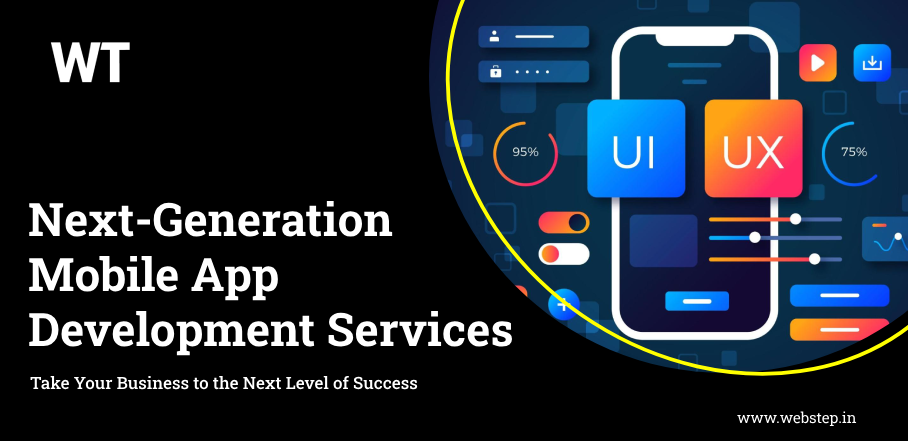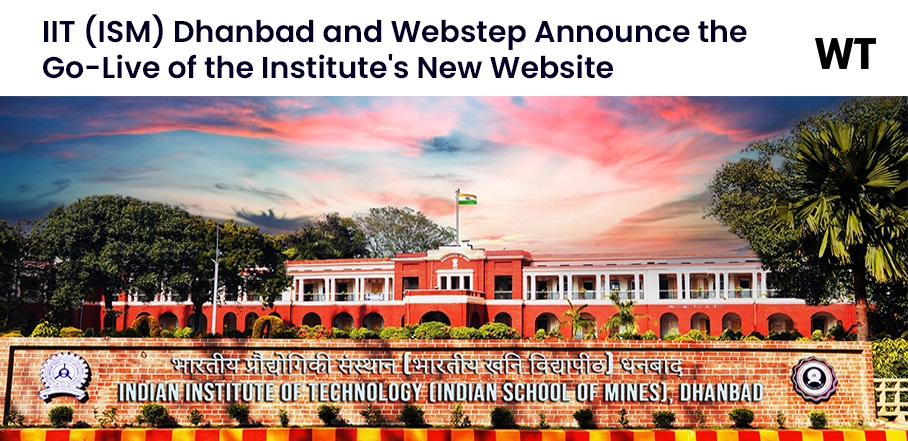
The ubiquity of mobile applications has imposed the necessity of building apps for businesses to connect to potential customers. With increasing competition in the domain, a diverse set of parameters determine the popularity and engagement of enterprise mobile applications. The right development tools and technology are the key to thriving in this competition and ensuring better technology outcomes for your business.
With the availability of numerous tools, frameworks, components, libraries, and technologies, it is tricky to pick out the right solution stack for the digital needs of your enterprise. To take the load off your shoulder, here is a comprehensive guide for choosing mobile application development technology.
A Guide to Choosing Mobile Technology
Among many, the most commonly used smartphones in the market utilize either Android or iOS operating systems. Despite the exponential increase in popularity of both operating systems, users have widely dissimilar opinions about the computational power, ease of use, and many other characteristics of the two platforms. The user interaction and overall experience are influenced by these aspects along with specific features of mobile devices. Hence, your plan of choosing the platform is highly significant for picking the right mobile app development technology.
To make this decision, a deep understanding of the features, as well as the limitations of the platforms, is crucial. Exploring and analyzing the capabilities of the individual platform lays the foundation for more effective, innovative, and successful results. Leveraging the full potential of mobile platforms minimizes the risk of disruptive user experience and its direct impact on business outcomes.
Native Vs Cross-Platform Development
The mobile platform you choose decides the number and demographic of users you want to reach. It is also associated with the development approach employed. Let’s dig a little deeper to assess the positives and negatives of the two approaches to find the right fit for your enterprise goals.
Native Development
Native app development refers to the approach of developing dedicated mobile applications compatible with a specific platform. It enables you to harness platform-specific features and exclusive functionalities of the said platforms. While the development process fully exploits the features of a particular mobile platform it is not without its constraints. When opting for Native development enterprises are confronted with the challenge of limiting their reach to users of one platform. The answer to the problem of market reach is cross-platform development.
Cross-Platform Development
Cross-platform development opens up the opportunity to attract new users and support existing users more efficiently by making their services available to users regardless of the mobile platform. It unlocks the prospect of reaching as many users as possible with enterprise-grade mobile services.
Although the approach prioritizes wider reach, it obstructs the possibility of engineering a user-focused solution with seamless UI. In addition, the use of a single code base for both iOS and Android hinders the utilization of platform-specific resources.
The Right Choice for You
By now, you may be inclined towards one of the two mobile app development processes though that’s just the beginning. So, let’s get down to business and explore the mobile technologies that can secure desired business outcomes for your enterprise. We will traverse through some of the popular technologies for both native and cross-platform development including Flutter, React Native, Xamarin, and more.
React Native
React Native , a javascript framework introduced by Facebook is employed by organizations worldwide to design and deploy cross-platform mobile applications with a single code base.
- An open-source framework that enables utilization of the app platform’s native capabilities to the maximum degree.
- React Native’s Core Components bring consistency to the look, feel, and performance of the application across both iOS and Android platforms.
- The technology is also backed up by numerous community-contributed components along with custom build native components to suit the distinctive application requirements without compromise.
- With the technology, you can amplify existing iOS / Android projects or start right from scratch and build a cross-platform application.
Flutter
The Flutter framework by Google is considered a powerful and rich general-purpose UI toolkit utilized to build and deploy visually appealing multiplatform applications. Its inbuild support is for both Android and iOS.
- The framework helps in achieving uncompromising speed in the development of the project with AOT (Ahead-of-time) compilation.
- In addition, Flutter also provides a suite of effective widgets to create the most common interface objects that we are accustomed to on platforms like iOS and Android.
- The open and layered architecture of Flutter provides flexibility to develop widgets using other widgets.
- Learn about how we can help your enterprise unlock opportunities with innovations.
- Flutter along with React Native are some of the most prevalent technologies used by global developers for cross-platform mobile application development.
Ionic
Ionic framework is an open-source SDK built up by means of major technology- Angular. The technology enhances flexibility in picking out tech stack through seamless integration with frameworks like Angular, React, and Vue.
- Ionic practices a Model-View-Controller (MVC) architectural pattern that supports a faster development process.
- The utilization of CSS components makes it easier to bring the native appearance and impression to cross-platform applications.
- The pre-designed UI components of Ionic support building contemporary and high-quality user interfaces.
- Ionic also allows the usage of a wide variety of plugins to meet the diverse and unique digital needs of enterprises.
Xamarin
Xamarin is an open-source app development platform with tools, programming languages, and libraries for building apps on Android, iOS, and Windows too.
- Built on the .NET Framework, Xamarin extends the components of the framework such as packages, and libraries, and also integrates features like Lambdas and LINQ.
- The tool uses a single C# codebase that helps developers deliver the native experience to users.
- App developed using Xamarin leverage platform-specific capabilities and functionalities such as ARKit, CoreML, Fingerprint, and Bluetooth.
- The application development support of Xamarin goes beyond the two mobile platforms (Android and iOS) as it supports application development for tvOS, watchOS, macOS, and Windows.
There is an abundance of cutting-edge mobile development technology to choose from. However, it is equally important to pick out the right tool and technologies that complement one another. For example, Webstep technologies enabled an emerging social platform -Bezzy in reaching both iOS and Android users with a cross-platform mobile application employing React Native along with Laravel, and MySQL for development.
This selection is crucial for your enterprise to leverage mobile applications and requires collaboration with a team of experienced professionals proficient in multiple technologies. As puzzling as it may seem, this process can be simplified with the right Mobile app development company. I have outlined some key factors that you should consider before choosing the best one.
Choosing a Mobile App Development Company
Understand your Business Requirements
Don’t just build an app for the sake of having one. The first step towards making the right decision is asses the need for the mobile and how you aim to serve customers with it. Discuss the context with the company to get their strategic insights and understand how they intend to add value to your business and assist in achieving the goals.
Choose specialists
Before making any investment like such look for agencies that specialize in what they do. A team of professionals who are expired in specific domains can guide your enterprise and development process with contextual knowledge. Projects initiated and delivered by specialists are more likely to meet industry standards as they are aware of the boon and bane of using certain technologies and tools concurrently.
Review portfolio
An easy way to assess the development team of a company and its expertise is by going through its portfolio. Look for the client base, project type, and industries they have served. This gives a glimpse of their technical capabilities and ability to effectively address your requirements. You can also check out client testimonials to analyze their service. Positive feedback is a green light for you to proceed toward the next step of the project.
Review their Pricing and your Budget
Lastly, before fully committing to the mobile app development company of your choice, take advantage of obligation-free quotes offered by many top-tier agencies. Don’t just look for the lowest cost, as quality is crucial for the right investment. Analyze the services offered with respect to quality, pricing as well as your budget.
In a nutshell, start with defining your enterprise need, and then to accomplish your business objectives, look through the level of skills, knowledge, and experience along with technologies used by the company.
Take a step forward and accelerate your journey for better digital outcomes with our mobile development services. Request a free, no-obligation quote today! Connect with WEBSTEP.





